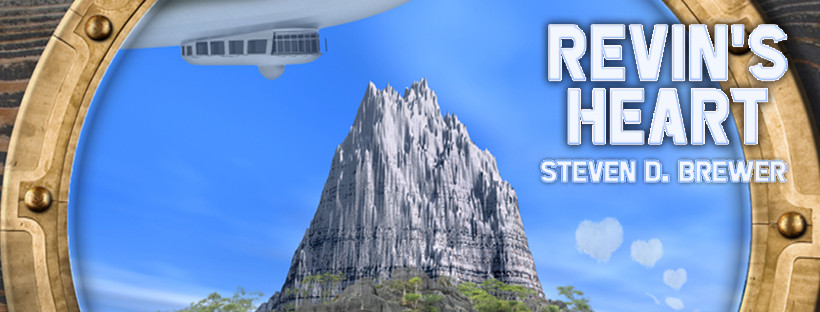
Author of #LGBTQIA+ #ScienceFiction and #Fantasy #Books. Teacher of scientific writing. Lover of natural history. Faculty at UMass Amherst. Presiding Officer of the Faculty Senate. Full SFWA member. Straw Dog Writers' Guild. #WesternMass #WesternMassachusetts (he/him)
This profile is from a federated server and may be incomplete. Browse more on the original instance.
